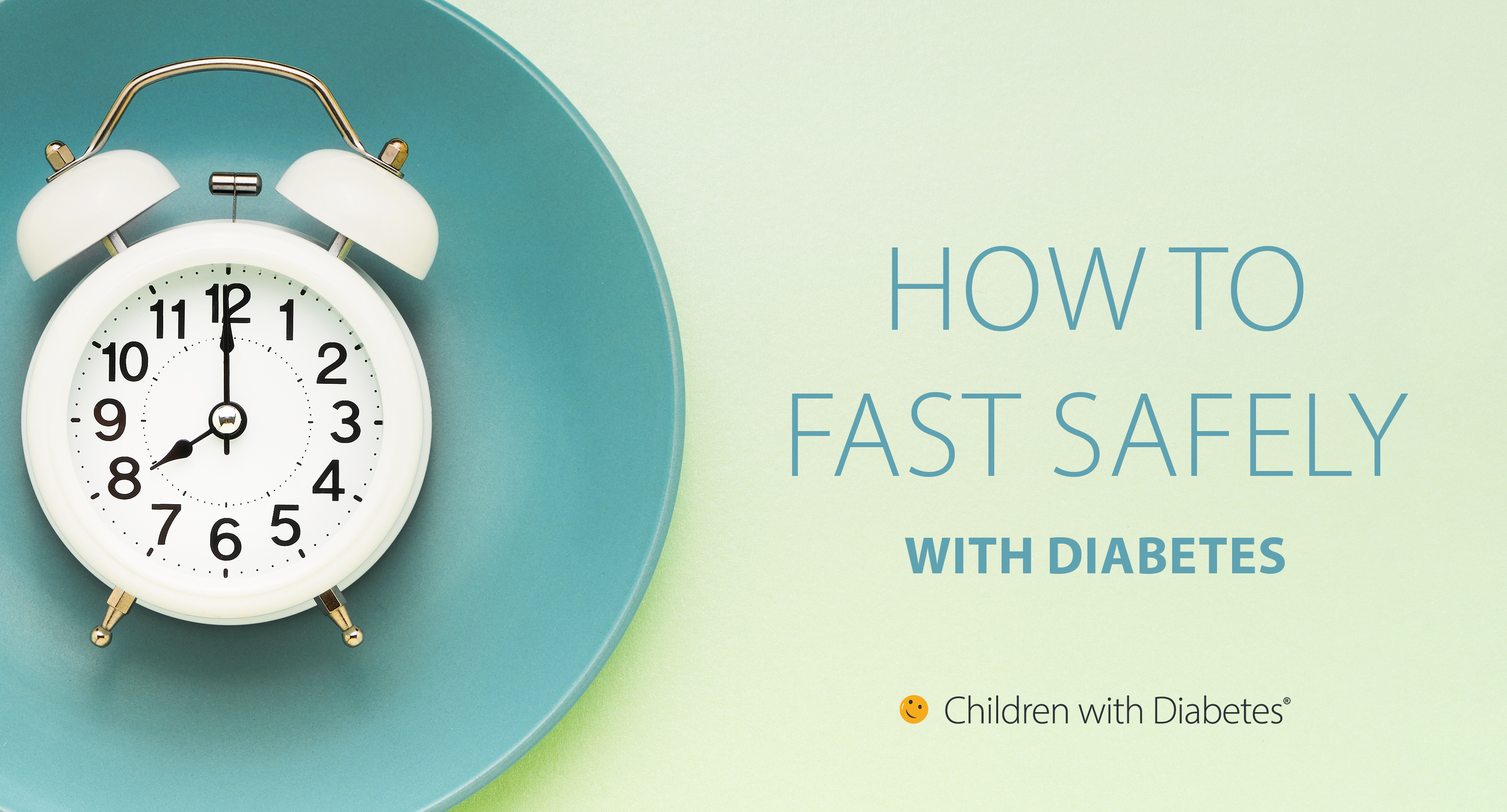Fasting is the practice of not eating or drinking for an extended period of time. This week marks the beginning of Ramadan, and with it comes challenges for people with diabetes who want to participate in the fasting tradition. Although people with diabetes are exempt from the fasting portion of Ramadan, many desire to follow it, and CWD is here to offer tips on fasting safely with type 1 diabetes. We also encourage you to seek guidance from your healthcare provider.
Benefits of Intermittent Fasting:1-2
- Flipping the “metabolic switch”
- Preserve more lean muscle mass
- Optimizing body functions
- Weight loss
- Improvement in sleep patterns
Risks with Diabetes and Fasting
There are potentially increased risks of hypoglycemia, glycemic variability, dehydration, and increased ketone levels due to fasting.2 However, there is not much evidence that there is a risk for DKA due to fasting.1 In fact, there is very little data on people with type 1 or insulin-dependent diabetes who fast during Ramadan, and the studies we reviewed recommend further data collection.
How to Do It Safely
Pre-Ramadan counseling has been shown to improve outcomes for people with diabetes.1-2 This can help keep people with diabetes safe during times of fasting and tailor the approach based on medications and insulin regimens.2 The counseling should be between the person with diabetes and their health care team and should be a collaborative effort.1-2
Key aspects of the Intermittent Fasting counseling should include:
- Glycemic targets
- Self-monitoring of blood glucose
- Diet and physical activity during fasting
- Medication and dose adjustments
- When to break the fast
Diabetes technologies, including continuous glucose monitors, can be very helpful for times of fasting.2 It is also an opportunity to evaluate treatments, such as basal insulin. Basal testing needs to be done in a fasting state, and this is a great thing to take advantage of during this period.
It’s important to remember that treating a low blood glucose level during a fasting state does not discount the fasting time period.1 There are also many conditions that make it unsafe to fast, and your health care provider may recommend an omission of fasting.1-2 These include pregnancy, gestational diabetes, being a child with insulin-dependent diabetes, having pre-existing heart or kidney diseases that could worsen during fasting periods.1
- Recommendations for management of diabetes during Ramadan: update 2020, applying the principles of the ADA/EASD consensus: https://pubmed.ncbi.nlm.nih.gov/32366501/
- Ramadan and Diabetes: A Narrative Review and Practice Update
Written and clinically reviewed by Marissa Town, RN, BSN, CDCES
Updated March 22, 2023

